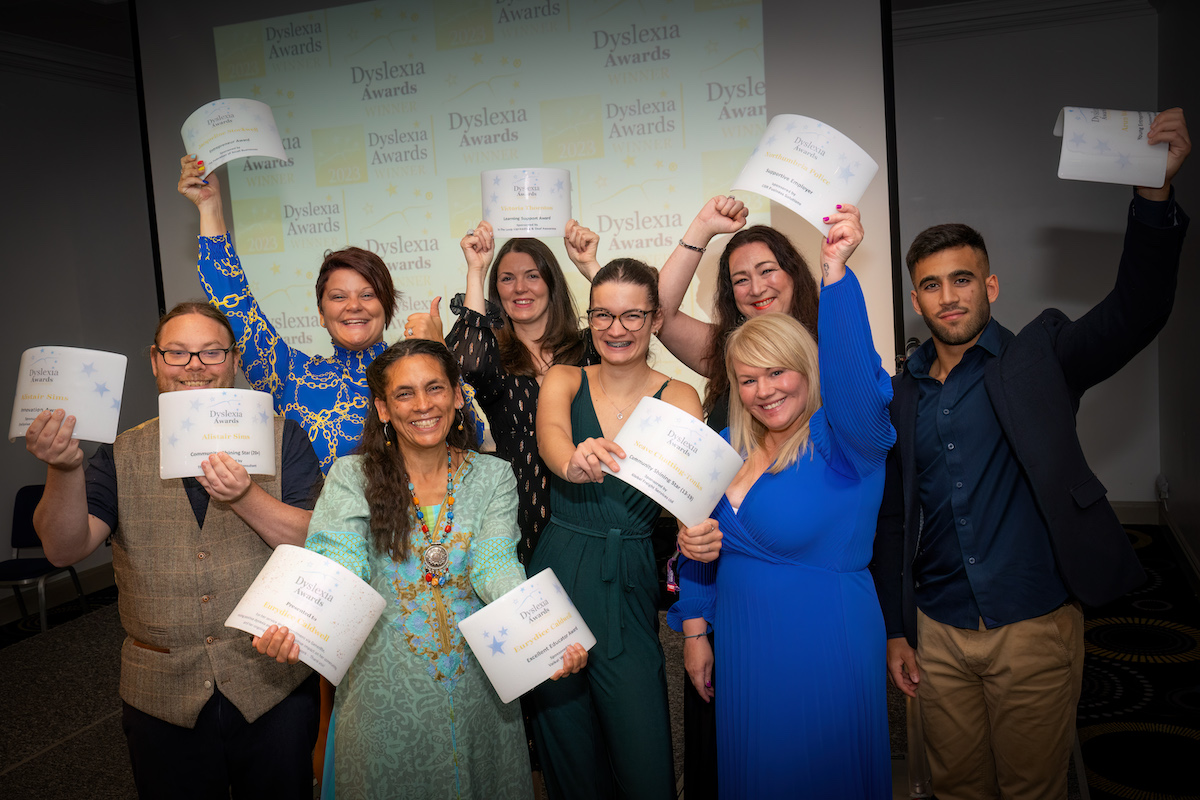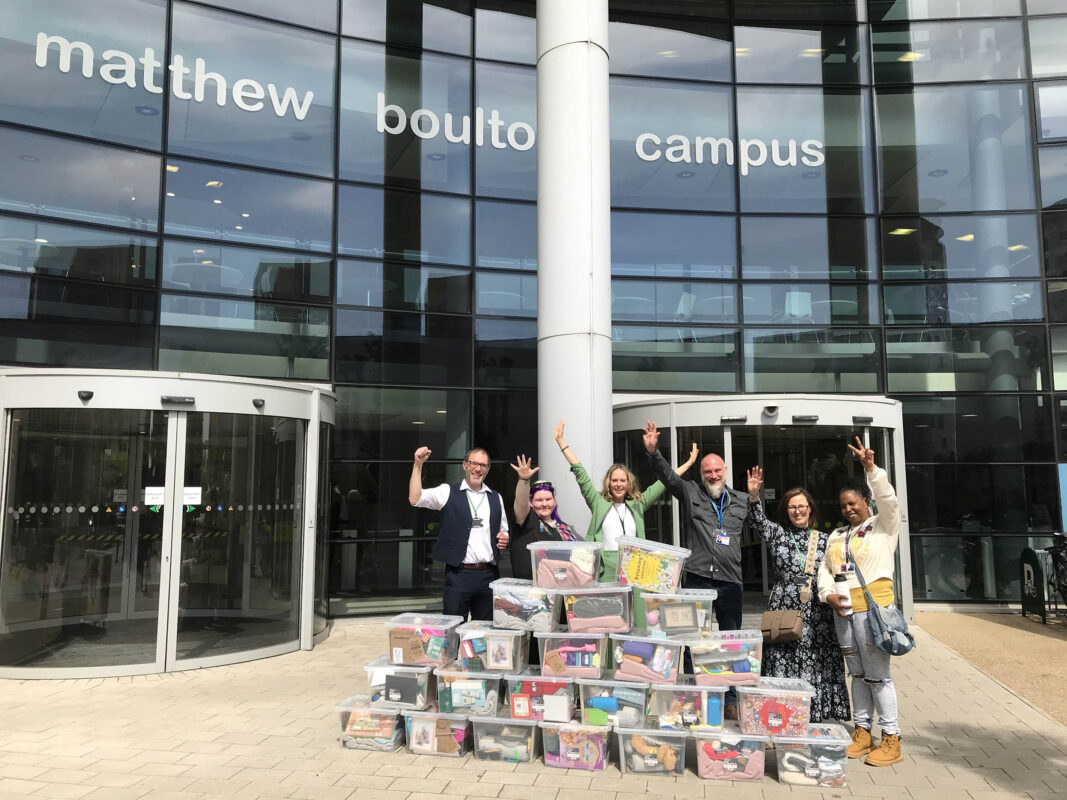In An AI World Does Finite Education Make Sense?

Education should never end. Transform cities into classrooms, nurture critical thinking and unleash creativity. Prepare students for an AI-driven world by teaching them to rewrite the rules, not follow them.
Education should never end.
Indeed, it doesn’t. The fact you are reading this article means that yours hasn’t. According to Technavio.com, the professional development market size is estimated to grow by USD 24.34 billion between now and 2028. Yet our education systems insistent upon manufacturing an end to education when we are 18 or 21 years old.
If only a joy of discovery, fostered at school, fuelled a lifelong journey of growth. This is the potential reality of education reimagined as an infinite game.
In his groundbreaking book “Finite and Infinite Games,” the academic James Carse presents a compelling dichotomy: finite games with fixed rules and clear endpoints and infinite games that evolve continuously. Our current education system, with its standardized tests and grade point averages, exemplifies a finite game.
The Current Paradigm
Picture a chessboard where students, teachers and administrators are the pieces, moving according to rigid rules set by curriculum guidelines and testing protocols. The finite success of the game creates a win-lose mentality that often leads to the sacrifice of true understanding for the short-term achievements of grades.
This finite approach to education can:
- Stifle creativity and critical thinking because the players of the game realise that memorization will lead to better finite success.
- Create immense pressure to perform on tests that only measure knowledge at a certain time, therefore disregarding any progress made from the moment they complete the exam or any progress made before the exam that could not be demonstrating in the exam.
- Fail to allow students to take agency in their own success, because success is presented as a predetermined goal. We live in a world where the opposite is true. Where success can be what we want it to be, uncapped and reachable when armed with a passion for learning and an internet connection.
As Carse astutely observed, “A finite game is played for the purpose of winning, an infinite game for the purpose of continuing the play.”
In a world of ubiquitous artificial intelligence, it is vital that learning continues—that the game continues.
Educational Transformation As An Infinite Game
Imagine education as a vast, ever-expanding universe. Here, the boundaries are flexible and the players include not just students and educators, but parents, employers and society at large.
Infinite education is an ongoing journey rather than a destination. Students can better prepare for the unpredictable challenges and opportunities that AI presents, ensuring they remain adaptable and valuable in a rapidly evolving world.
In this infinite game:
- Learning is a lifelong process with no definitive end, helping students understand that failure is always an opportunity to improve.
- Success is measured by the ability to think critically and solve real-world problems, two skills that will be invaluable in the age of AI.
- The focus shifts from students competing to do the same activity, to personal growth and societal value.
- Curiosity drives motivation to learn and meet challenges head-on.
Carse’s insight resonates deeply here: “Only that which can change can continue.”
A Blueprint for Infinite Education
1. Curriculum Flexibility
Embrace interdisciplinary learning that mirrors the interconnected nature of our world. Let’s move from memorization to application, from isolated subjects to integrated knowledge. Application and integration is the key to harnessing the power of AI.
2. Holistic Assessment
Embrace diverse evaluation methods like project-based learning and peer reviews that capture the full spectrum of a student’s abilities. The currency of knowledge regurgitation, in a world where AI excels at this, is losing value by the second.
3. Lifelong Learning Culture
Instill the idea that graduation is not an endpoint but a milestone in an ongoing journey. Foster a society where continuous learning is not just encouraged but expected.
4. Inclusive Participation
Broaden the educational ecosystem to include voices from all walks of life. The classroom becomes a microcosm of society, preparing students for the diverse world they’ll inhabit.
5. Future-Ready Skills
Prioritize the development of critical thinking, emotional intelligence and adaptability. These are the tools that will help navigate an uncertain future.
6. Intrinsic Motivation
Shift the focus from grades to growth. Cultivate a genuine love for learning that propels students forward long after formal schooling ends.
Going Beyond The Finite Experience of School with City Schools
Last year I spoke to Yaacov Hecht on the Edufurists podcast. He created City Schools. Yaacov reimagined education by viewing the entire city as a school. To do this, he broke down traditional school boundaries and embraced community-wide learning.
The key principles behind City Schools include diverse learning opportunities, real-world engagement, self-directed learning and democratic decision-making. The students choose from workshops led by various community members from the city. They can then gain practical experience by studying at local businesses and organizations.
City Schools provide access to various learning centers within the school and they invite community experts to share knowledge. Students primarily learn through organized workshops, spontaneous play or student-initiated projects. The school also makes connections with local businesses for internships and specialized experiences.
This approach helps the students at City Schools develop real-world skills and encourages creativity and entrepreneurship. This prepares students for the evolving job market in their city and fosters community involvement and civic responsibility.
City Schools demonstrate how schools can reimagine the experiences of their students, to incorporate the vast knowledge and experiences available within a community. They create a holistic and relevant learning experience for their students. An experience that goes beyond the finite experience available within the school walls.
Three Takeaways For Us From City Schools
1. Real-World Problem Solving
Can we transform our schools into hubs where students tackle genuine community issues and partner with local experts to mentor them in this process? This could build critical thinking and show students their power to create real change.
2. Flexible Learning Time
What if learning drove the schedule, not the clock? Could we adapt to student interests and world events? This could teach time management based on importance and passion. This is a crucial life skill.
3. Everyone Teaches
Could we invite the community to share their expertise? Maybe students could teach too? This shows that valuable knowledge comes from many sources, not just textbooks and teachers.
Breaking The Rules
Transforming education into an infinite game is not merely an academic exercise, it’s a necessity. This shift requires more than just policy changes. It demands a fundamental reimagining of what education means and how it’s delivered.
An infinite world is an entrepreneurial world. Just as successful entrepreneurs often “break the rules” of what has gone before, our education system needs to embrace a more disruptive approach. Instead of teaching students to follow the rules of a finite system unquestioningly, we should encourage them to think critically about innovating beyond the established boundaries.
If we want our students to thrive in a world where the most successful individuals often rewrite the rules, we need an education system that doesn’t just teach the rules but encourages students to reimagine them. We must also be the role models of how this is done.
As we embrace this new paradigm, we open doors to endless possibilities. Learning becomes not just a means to an end but a thrilling journey of continuous discovery and growth. In this infinite game, there are no losers. There are only evolving players who contribute to the game.
In the words of James Carse, “Finite players play within boundaries; infinite players play with boundaries.” Let’s not just play the game. Let’s redefine it. The infinite game of learning awaits, and its potential is boundless.
By Dan Fitzpatrick, bestselling author on AI and education and international keynote speaker
theaieducator.io











Responses